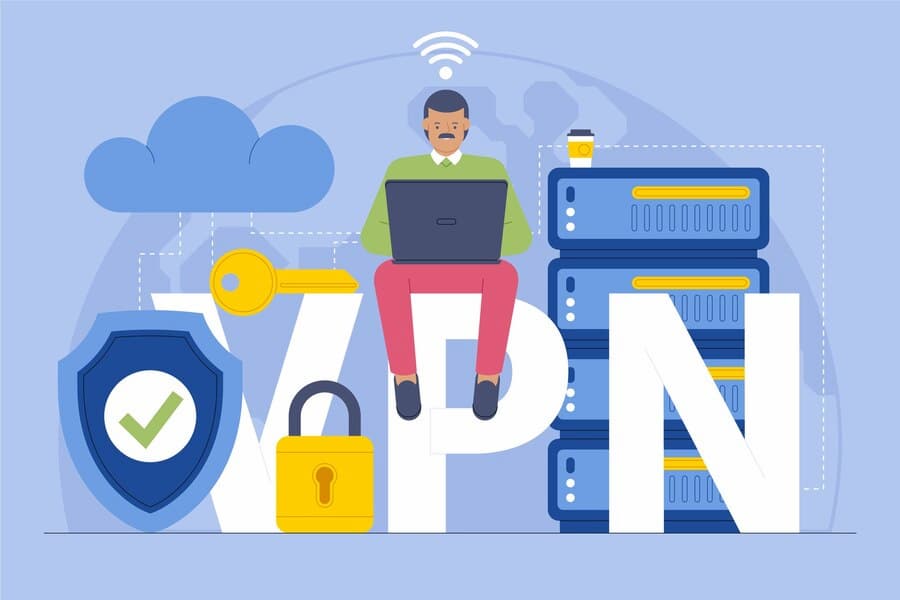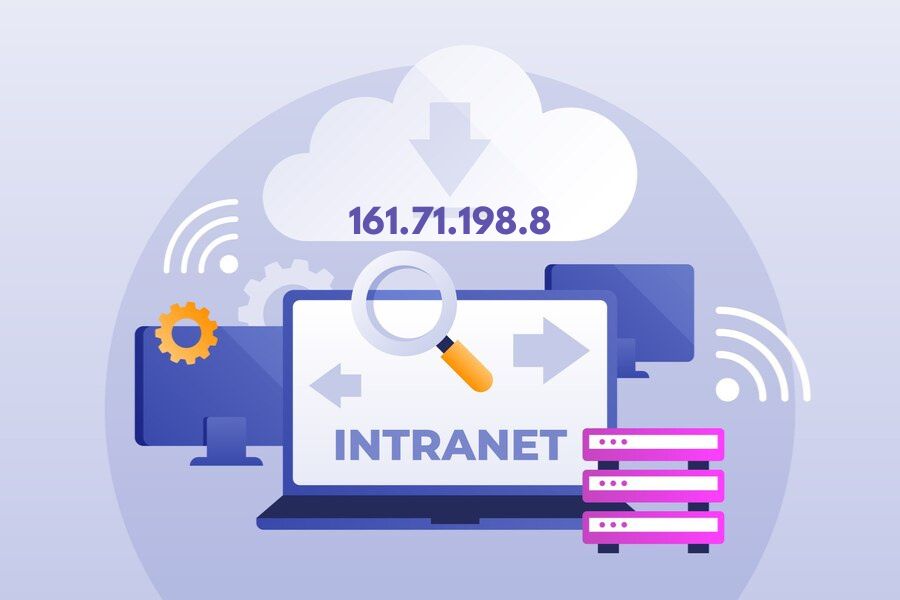In the modern digital world, understanding an IP address is essential for navigating the internet efficiently. Every device connected to the internet is assigned a unique identifier called an IP (Internet Protocol) address. Whether you’re a casual web user or a tech enthusiast, you might wonder what information can be gleaned from an IP address, such as the one in our focus today: 161.71.198.8. In this blog, we will explore what an IP address is, delve into the specifics of 161.71.198.8, and clarify its significance.
What is an IP Address?
An IP address (Internet Protocol address) is a unique sequence of numbers assigned to each device connected to the internet. It functions as a digital address, allowing communication between different devices over the internet. An IP address consists of four numerical blocks separated by periods. For example, in the IP address 161.71.198.8, each block can range from 0 to 255.
Types of IP Addresses
There are two primary versions of IP addresses:
- IPv4 (Internet Protocol Version 4): This version consists of a 32-bit number represented in the format
xxx.xxx.xxx.xxx. IPv4 allows for roughly 4.3 billion unique addresses. The IP address 161.71.198.8 is an example of an IPv4 address. - IPv6 (Internet Protocol Version 6): With the increasing demand for internet-connected devices, IPv6 was introduced to provide a virtually limitless supply of IP addresses, using 128 bits instead of 32.
How Do IP Addresses Work?
IP addresses play a critical role in routing information between devices. When you type a website address (like “google.com”) into your browser, your device requests the IP address of the server hosting that website. The Domain Name System (DNS) translates human-readable domain names into IP addresses so that your device knows where to send and retrieve information.
The Specifics of IP Address 161.71.198.8
The IP address 161.71.198.8 is part of the IPv4 range and can provide details about the geographic location, ISP (Internet Service Provider), and more. Let’s break down the key aspects of this specific IP address:
Geolocation of 161.71.198.8
Every IP address is tied to a specific region or country. By tracing the IP address 161.71.198.8, one can often determine the general location of the device or server that it is associated with. However, it’s important to note that IP addresses do not always provide pinpoint accuracy. Many times, the location displayed might be where the Internet Service Provider (ISP) is based rather than the exact position of the user.
How to Find Geolocation Details
There are several online tools like “WhatIsMyIPAddress” or “IP Location” that allow users to input an IP address and receive details about its location. These tools can often provide:
- Country and city of the IP address
- ISP associated with the IP
- Latitude and longitude of the address (approximate)
Who Owns the IP Address 161.71.198.8?
IP addresses are usually assigned to ISPs or organizations that distribute them to individual users. The IP 161.71.198.8 might belong to a specific corporation, educational institution, or ISP.
To discover ownership, you can use a “WHOIS” lookup, a tool that allows users to query databases and find ownership information of a domain or IP address.
Why Is This IP Address Important?
You might wonder why knowing about an IP address like 161.71.198.8 is relevant. Here are some practical scenarios:
1. Security Monitoring
Knowing the IP address of incoming traffic is crucial for security purposes. Organizations often monitor IP addresses to ensure they aren’t receiving malicious traffic. Anomalies in the IP addresses accessing a network can signal potential security threats.
2. Network Troubleshooting
In troubleshooting network issues, having access to the IP address of a device (such as 161.71.198.8) allows IT professionals to diagnose connectivity problems, route issues, or even detect unauthorized access.
3. Legal and Ethical Concerns
Sometimes, law enforcement agencies track IP addresses like 161.71.198.8 to investigate cybercrimes or unlawful activities. However, the ethical use of IP tracing is a topic of debate, with concerns about privacy and the limitations of what an IP address can truly reveal about a user.
IP Addresses and Privacy
Many people are concerned about privacy when it comes to their IP addresses. It’s important to understand that while an IP address like 161.71.198.8 can reveal the general area or ISP, it does not provide detailed personal information. However, a skilled hacker or malicious user might use an IP address to launch attacks.
How Can You Protect Your IP Address?
- Use a VPN (Virtual Private Network): A VPN masks your actual IP address and provides a different one, often from another country or region. This is a good way to maintain privacy online.

- Proxy Servers: Proxies act as intermediaries between your device and the internet. They hide your real IP address, offering another layer of security.
- Firewalls and Anti-Malware Software: These tools help in preventing unauthorized access to your network and personal data, even if your IP address is exposed.
Common Misconceptions About IP Addresses
1. IP Addresses Always Identify a Person
An IP address like 161.71.198.8 identifies a device, not a person. Multiple users may share the same IP address, especially in the case of public or shared networks.
2. IP Addresses Are Always Accurate
While IP addresses can give general information about a location, they are not always precise. The geographic data tied to an IP address can sometimes be incorrect, depending on how the ISP assigns addresses.
3. IP Address Tracking Equals Hacking
Tracking an IP address is not the same as hacking. Identifying an IP address like 161.71.198.8 simply provides information about the general location of a user’s device. Hacking involves unauthorized access to a network or device.
FAQs
What is the role of an IP address in the internet?
An IP address acts as a unique identifier for devices on the internet, enabling communication between them. It allows information to be sent and received from the correct device.
Can someone track me with my IP address?
While an IP address can provide general information about your location (such as the city or region), it cannot give exact details about your identity or precise location without further information.
Can I change my IP address?
Yes, you can change your IP address by using methods like rebooting your router, using a VPN, or contacting your ISP to request a different address.
What is the difference between IPv4 and IPv6?
IPv4 uses a 32-bit address format and is the older version, whereas IPv6 uses a 128-bit address, providing a larger pool of addresses due to the growing number of internet-connected devices.
How do I find my own IP address?
You can easily find your IP address by searching “What is my IP” on Google, or by checking the network settings on your device.
Conclusion
Understanding IP addresses like 161.71.198.8 can provide valuable insights into how the internet functions and how devices communicate with one another. While they may seem like a random string of numbers, IP addresses are essential for internet connectivity, network troubleshooting, and even security monitoring. By learning more about IP addresses and the roles they play, you can better protect your privacy online and navigate the internet safely.
You Also Read This Informative Blog: Geekee cg6fd vs cg6 – Benefits and Difference



